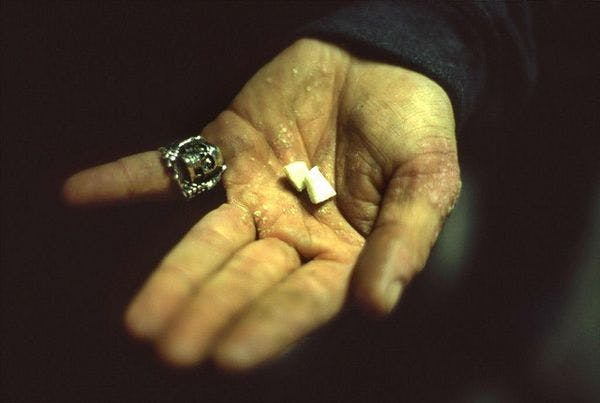US ‘Fair Sentencing’ law leads to decrease in crack prosecutions
A federal law that closed the gap in sentence severity for offenses involving crack cocaine and those involving powder cocaine has led to fewer federal prosecutions and a reduction in the federal prisoner population, according to a new report from the U.S. Sentencing Commission.
Federal judges sentenced 4,730 people for crack-cocaine offenses in 2010, the year Congress passed the Fair Sentencing Act. They sentenced about half as many offenders last year, according to the report, which the commission assembled for Congress.
The commission, which provides guidelines to aid federal judges in sentencing, estimated the law will save the Federal Bureau of Prisons 29,653 bed years — each of which represent 12 months of prison time. The commission, which supported the law,voted to apply it retroactively in 2011.
The average sentence three years after the law passed was 71 months; it would have been 106 months absent the reduction, according to the study. The federal prison population fell in 2013 for the first time in more than three decades.
Click here to read the full article.
Keep up-to-date with drug policy developments by subscribing to the IDPC Monthly Alert.
Thumbnail Flickr CC Hugh Bell
